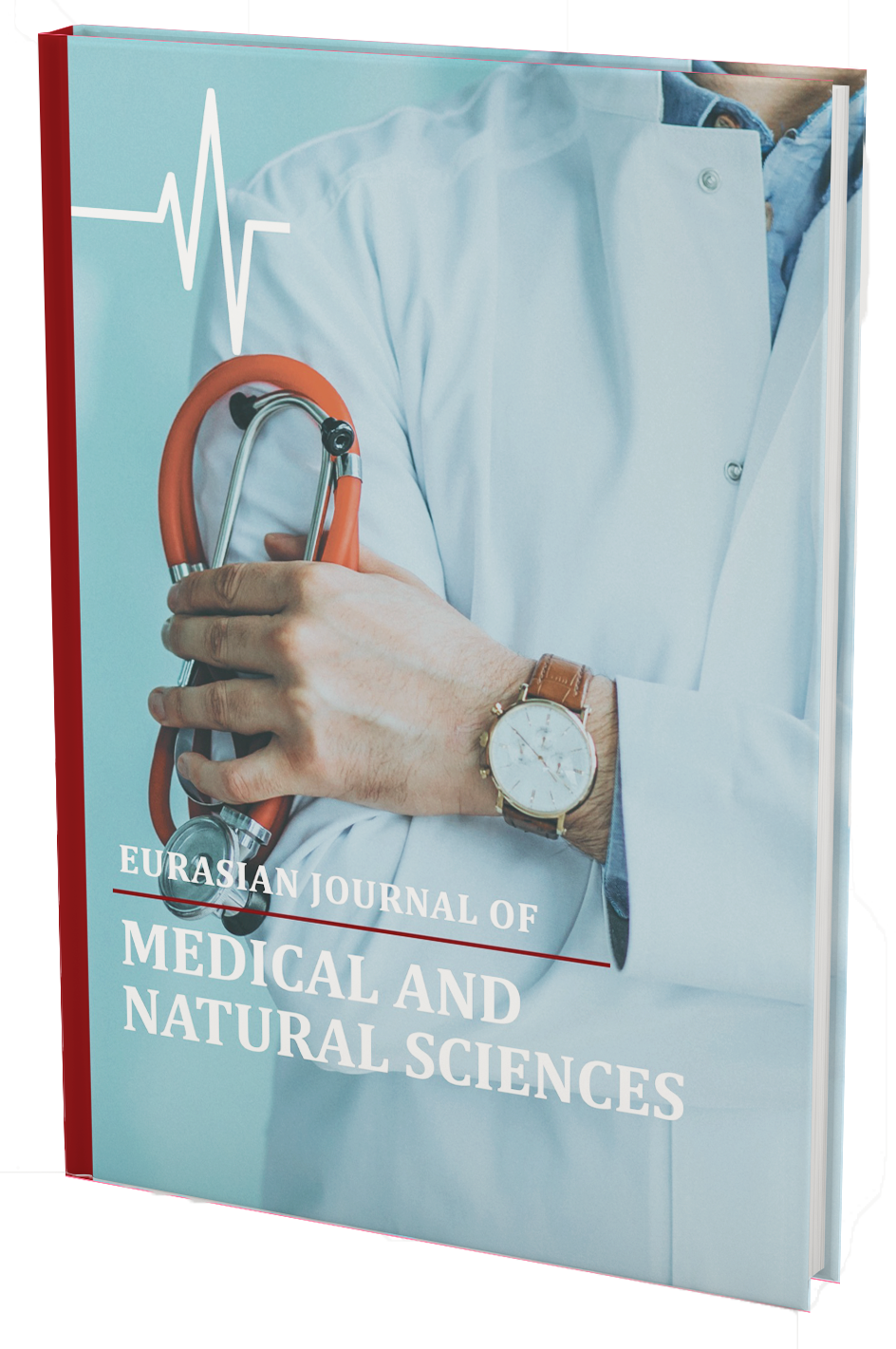HERBAL PLANTS
Main Article Content
Аннотация:
The global demand for herbal medicine is continuously increasing, posing an extinction risk to medicinal plants. Uganda is one of the ten countries most at risk of losing herbal medicine and Traditional Medicinal Knowledge (TMK). This could be ascribed to a lack of documentation, as well as a variety of other unclear obstacles. This study documented plant species utilized to cure human ailments in the Butaleja district of Eastern Uganda, as well as the TMK associated with each. The strategies for preserving medicinal plants were also investigated. The rationale was to promote the preservation of ethnopharmacological knowledge.
Article Details
Как цитировать:
Библиографические ссылки:
Sofowora, A., Ogunbodede, E., and Onayade, A. (2013). The role and place of medicinal plants in the strategies for disease prevention. Afr. J. Tradit. Complement. Altern. Med. 10, 210–229. https://doi.org/10. 4314/ajtcam.v10i5.2.
Rates, S.M. (2001). Plants as source of drugs. Toxicon 39, 603–613. https://doi.org/10.1016/s0041-0101(00)00154-9.
Moerman, D.E. (2002). Meaning, Medicine, and the ‘Placebo Effect’ (Cambridge: Cambridge University Press). https://doi.org/10.1017/ CBO9780511810855.
Pirintsos, S., Panagiotopoulos, A., Bariotakis, M., Daskalakis, V., Lionis, C., Sourvinos, G., Karakasiliotis, I., Kampa, M., and Castanas, E. (2022). From traditional ethnopharmacology to modern natural drug discovery: a methodology discussion and specific examples. Molecules 27, 4060. https://doi.org/10.3390/molecules27134060.


